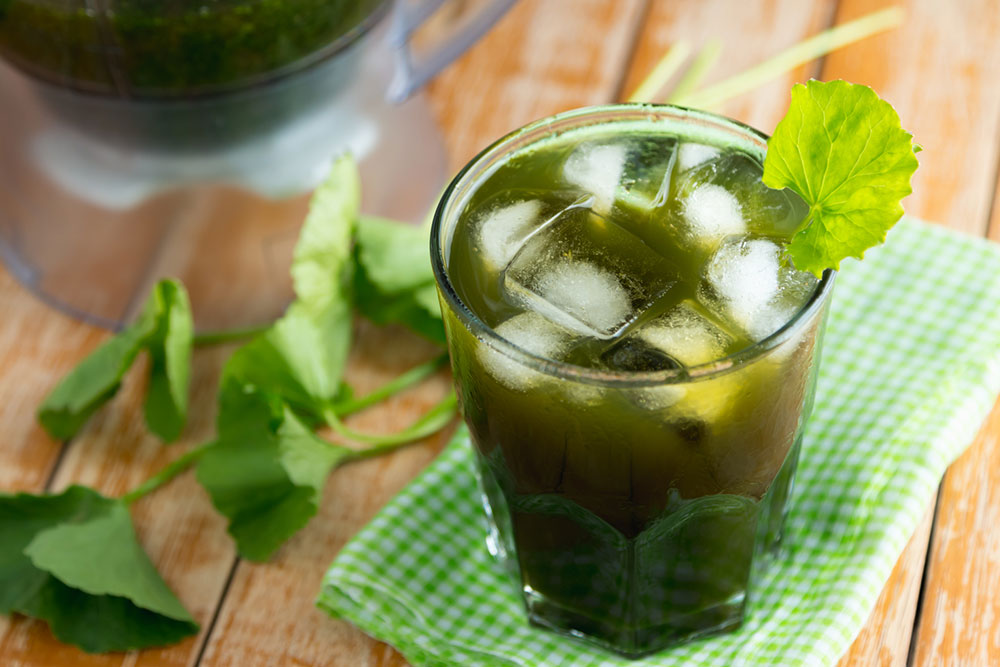Effective Natural Approaches to Lower Blood Pressure and Combat Hypertension
Discover effective natural strategies to lower high blood pressure, including lifestyle modifications and dietary tips. Learn how to manage hypertension holistically to prevent complications such as heart disease, strokes, and organ damage. This comprehensive guide offers actionable advice for sustainable blood pressure control and overall health improvement.

Effective Natural Approaches to Lower Blood Pressure and Combat Hypertension
Hypertension, more commonly referred to as high blood pressure, remains a significant health challenge worldwide. It’s a silent condition that can develop gradually without noticeable symptoms but can lead to severe health complications if left unmanaged. These complications include increased risk of heart disease, stroke, kidney damage, and other serious health issues. Understanding how to manage hypertension effectively and naturally is essential for maintaining health and preventing long-term damage. This article explores comprehensive strategies to reduce high blood pressure through lifestyle changes, dietary adjustments, and proactive health management.
Blood pressure readings above 140/90 mmHg qualify as hypertension, while readings below 120/80 mmHg are considered optimal. Maintaining blood pressure within this ideal range is vital for overall health. Sadly, many adults, even those in their 30s and 40s, face challenges in keeping BP in check due to various lifestyle habits and genetic predispositions. Uncontrolled hypertension can cause damage to vital organs and severely affect quality of life. Therefore, adopting proven natural strategies is crucial. Here we delve into comprehensive methods that you can incorporate into your daily routine to successfully manage hypertension.
1. Achieve and Maintain a Healthy Body Weight
One of the most significant factors contributing to high blood pressure is excess body weight. Carrying extra pounds increases the workload on the heart and blood vessels, raising blood pressure levels. Conversely, losing even a modest amount of weight—around 5-10% of total body weight—can lead to substantial improvements in BP readings. Incorporating a balanced diet and regular physical activity into daily routines is essential for weight management. Consulting with a dietitian helps develop a personalized nutrition plan that promotes gradual, sustainable weight loss and enhances overall cardiovascular health.
2. Reduce Sodium Intake Significantly
Excess consumption of salt remains one of the primary dietary risk factors for hypertension. Sodium causes the body to retain water, increasing blood volume and pressure. To effectively control blood pressure, it's important to limit sodium intake to less than 2,300 milligrams per day, with an even lower target of 1,500 milligrams for those with high blood pressure or other risk factors. Pay close attention to the sodium content in processed foods, canned products, fast food, and snacks. Gradually reducing salt in meals will help your taste buds adapt to less salty flavors over time—usually within three months—ensuring long-term adherence to a low-salt diet.
3. Limit Alcohol Consumption
While moderate alcohol intake might be acceptable for some, excessive drinking significantly elevates blood pressure and increases cardiovascular risks. Men should limit alcohol consumption to no more than two drinks per day, while women should restrict intake to one. Cutting back on alcohol, along with quitting smoking, is an essential part of protecting heart health. Both alcohol and tobacco contribute to arteriosclerosis and other vascular problems, so eliminating or reducing these substances can dramatically improve blood pressure control and overall well-being.
4. Engage in Regular, Consistent Physical Activity
Physical activity is a cornerstone for managing hypertension. Regular moderate exercise, such as brisk walking, cycling, swimming, or light jogging, helps strengthen the heart muscle, improve blood vessel elasticity, and reduce BP levels naturally. Aim for at least 150 minutes of moderate-intensity aerobic activity per week, distributed across most days. Incorporating activities like taking stairs instead of elevators, walking during breaks, or participating in group fitness classes can make a significant difference. Consistency is key—making exercise a daily habit ensures sustained blood pressure benefits.
5. Seek Medical Guidance and Use Prescribed Medications When Necessary
While lifestyle modifications are powerful, some individuals may require medication to manage hypertension effectively. Regular check-ups with healthcare professionals are essential for proper diagnosis, monitoring, and tailored treatment. Never attempt to self-medicate or rely solely on over-the-counter remedies. Prescription medications, when used as directed, can control BP levels and prevent complications. Discuss any side effects or concerns with your doctor and adhere to the prescribed regimen to achieve optimal results.
6. Manage Stress and Mental Well-being
Chronic stress and anxiety can cause temporary spikes in blood pressure, and long-term stress may contribute to persistent hypertension. Adopting relaxation techniques such as meditation, deep breathing exercises, yoga, or mindfulness can significantly reduce stress levels. Engaging in hobbies, maintaining social connections, and practicing self-care are effective ways to promote mental calmness. Managing stress not only helps control blood pressure but also improves overall quality of life.
7. Prioritize Quality Sleep
Sleep deprivation and poor sleep quality are linked to increased blood pressure and heightened cardiovascular risks. Aim for 7-9 hours of restful sleep per night. Establish a consistent sleep schedule, minimize screen exposure before bedtime, and create a tranquil sleeping environment. Managing sleep disorders such as sleep apnea is also crucial, as these conditions can significantly elevate BP. A nourishing sleep routine supports healthy hormone regulation, reduces stress, and promotes cardiovascular health.
8. Regular Monitoring and Record-Keeping
Consistent blood pressure monitoring allows for early detection of issues and helps assess the effectiveness of lifestyle changes. Use a reliable home BP monitor and record readings regularly. Share this data with your healthcare provider to make informed decisions about further interventions or medication adjustments. Keeping a detailed log can also motivate adherence to treatment plans and lifestyle modifications, ensuring better long-term blood pressure control.
In conclusion, managing hypertension naturally requires a comprehensive approach that combines lifestyle adjustments, dietary modifications, and medical oversight when necessary. These strategies are not only effective in lowering blood pressure but also contribute to overall cardiovascular wellness and longevity. By making these changes, you can significantly reduce the risk of serious health complications and enjoy a healthier, more active life.





